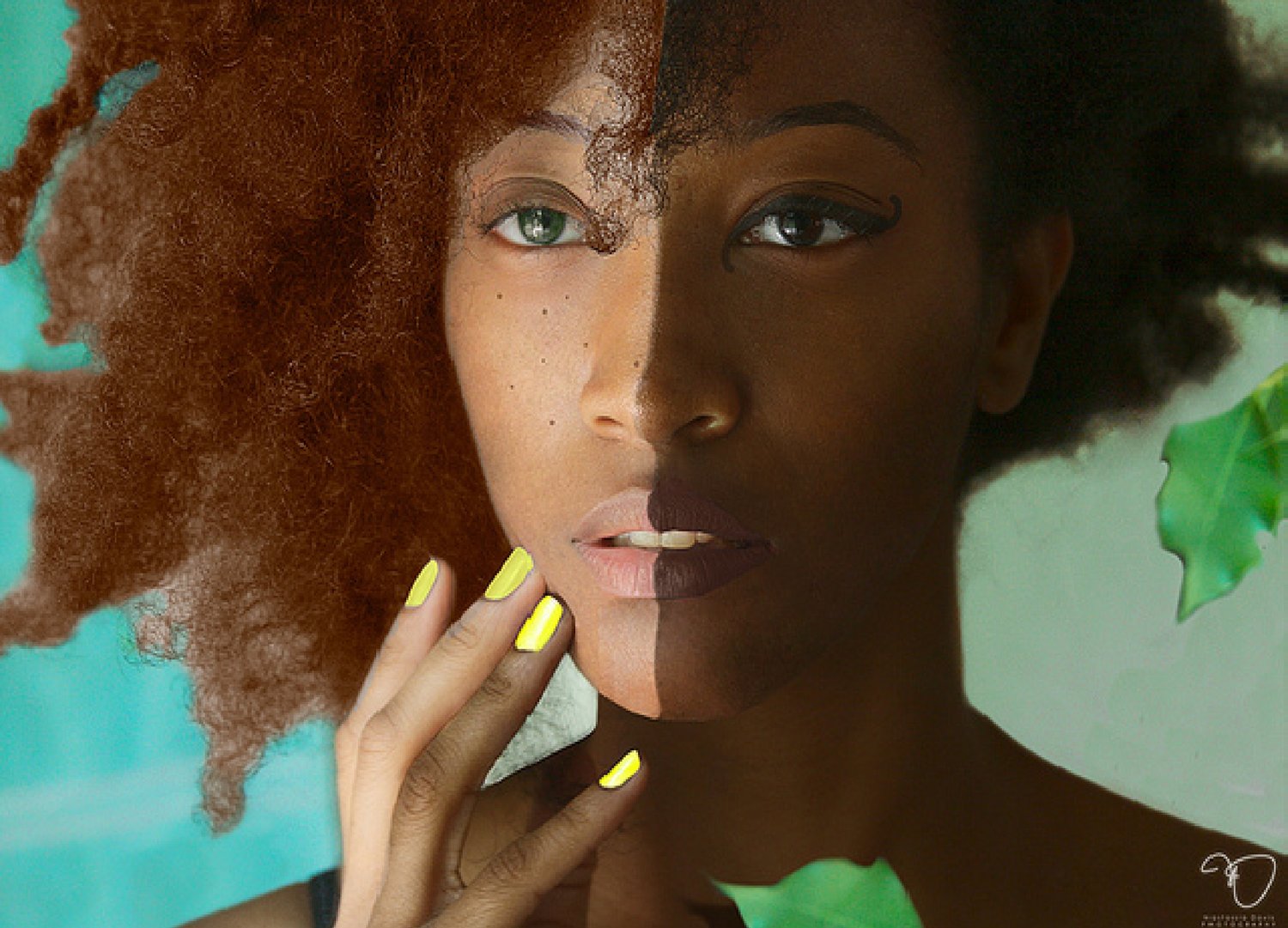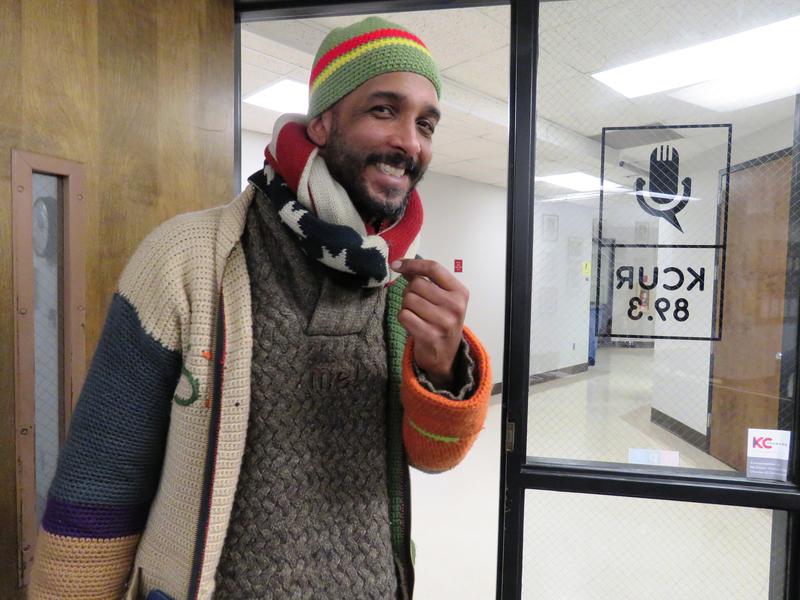All Mixed Up: What Do We Call People Of Multiple Backgrounds?
Code Switch: Race And Identity, Remixed
National Public Radio
2016-08-25
Leah Donnella

In a country where the share of multiracial children has multiplied tenfold in the past 50 years, it’s a good time to take stock of our shared vocabulary when it comes to describing Americans like me.
Jeannie Phan for NPR |
It’s the summer of 1998 and I’m at the mall with my mom and my sister Anna, who has just turned 5. I’m 7. Anna and I are cranky from being too hot, then too cold, then too bored. We keep touching things we are not supposed to touch, and by the time Mom drags us to the register, the cashier seems a little on edge.
“They’re mixed, aren’t they?” she says. “I can tell by the hair.”
Mom doesn’t smile, and Mom always smiles. “I have absolutely no idea what you’re talking about,” she says.
Later, in the kitchen, there is a conversation…
…‘Multiracial’ or ‘mixed’?
In light of Hall’s paper, “multiracial” was adopted by several advocacy groups springing up around the country, some of which felt the term neutralized the uncomfortable connotations of a competing term in use at that point: “mixed.”
In English, people have been using the word “mixed” to describe racial identity for at least 200 years, like this 1864 British study claiming that “no mixed races can subsist in humanity,” or this 1812 “Monthly Retrospect of Politics” that tallies the number of slaves — “either Africans or of a mixed race” — in a particular neighborhood.
Steven Riley, the curator of a multiracial research website, cites the year 1661 as the first “mixed-race milestone” in North America, when the Maryland colony forbade “racial admixture” between English women and Negro slaves.
But while “mixed” had an established pedigree by the mid-20th century, it wasn’t uncontroversial. To many, “mixed” invited associations like “mixed up,” “mixed company” and “mixed signals,” all of which reinforced existing stereotypes of “mixed” people as confused, untrustworthy or defective. It also had ties to animal breeding — “mixed” dogs and horses were the foil to pure-breeds and thoroughbreds.
Mixed “evokes identity crisis” to some, says Teresa Willams-León, author of The Sum of Our Parts: Mixed Heritage Asian Americans and a professor of Asian American Studies at California State University. “It becomes the antithesis to pure.”…
Read the entire article here.



